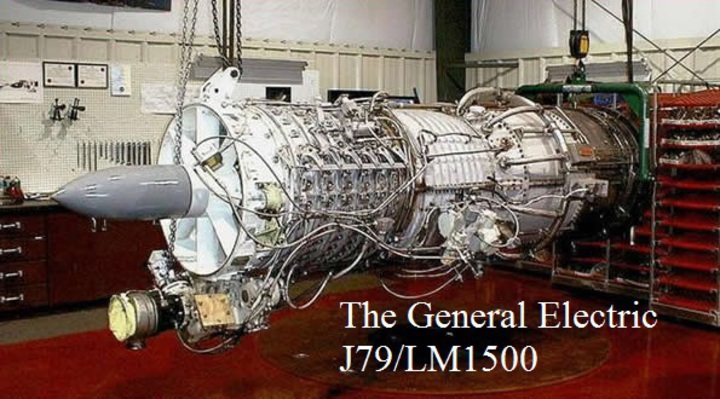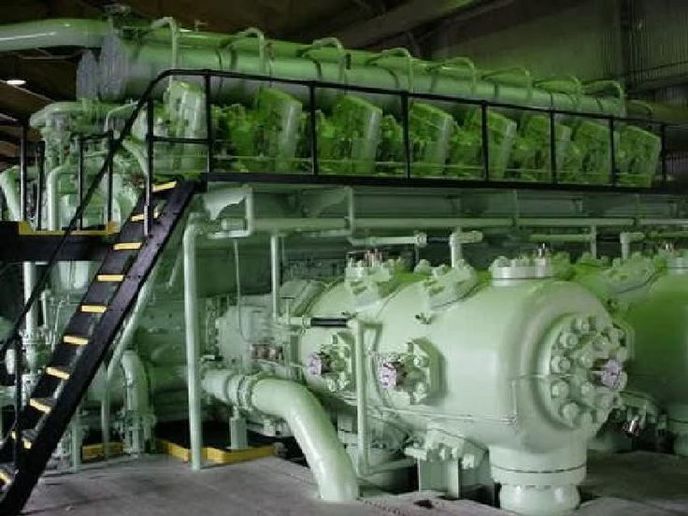Helping my mother-in-law last night diagnose a lawnmower problem, and she said. "It won't turn over".
To me, there is nothing in an engine to "turn over". The crankshaft rotates. I thought at first she meant the engine would not crank, but from further conversation I believe she was using the phrase to mean- firing and rotating under its own power. How would you describe an engine "Turning Over"?
I use the terms- Crank, Fire and run to describe an engine. Such as "the engine Cranks, Fires, but will not run".
Is "Turn Over" still used in any newer auto schools? Do you still use the term? And what do you mean by it?
To me, there is nothing in an engine to "turn over". The crankshaft rotates. I thought at first she meant the engine would not crank, but from further conversation I believe she was using the phrase to mean- firing and rotating under its own power. How would you describe an engine "Turning Over"?
I use the terms- Crank, Fire and run to describe an engine. Such as "the engine Cranks, Fires, but will not run".
Is "Turn Over" still used in any newer auto schools? Do you still use the term? And what do you mean by it?




